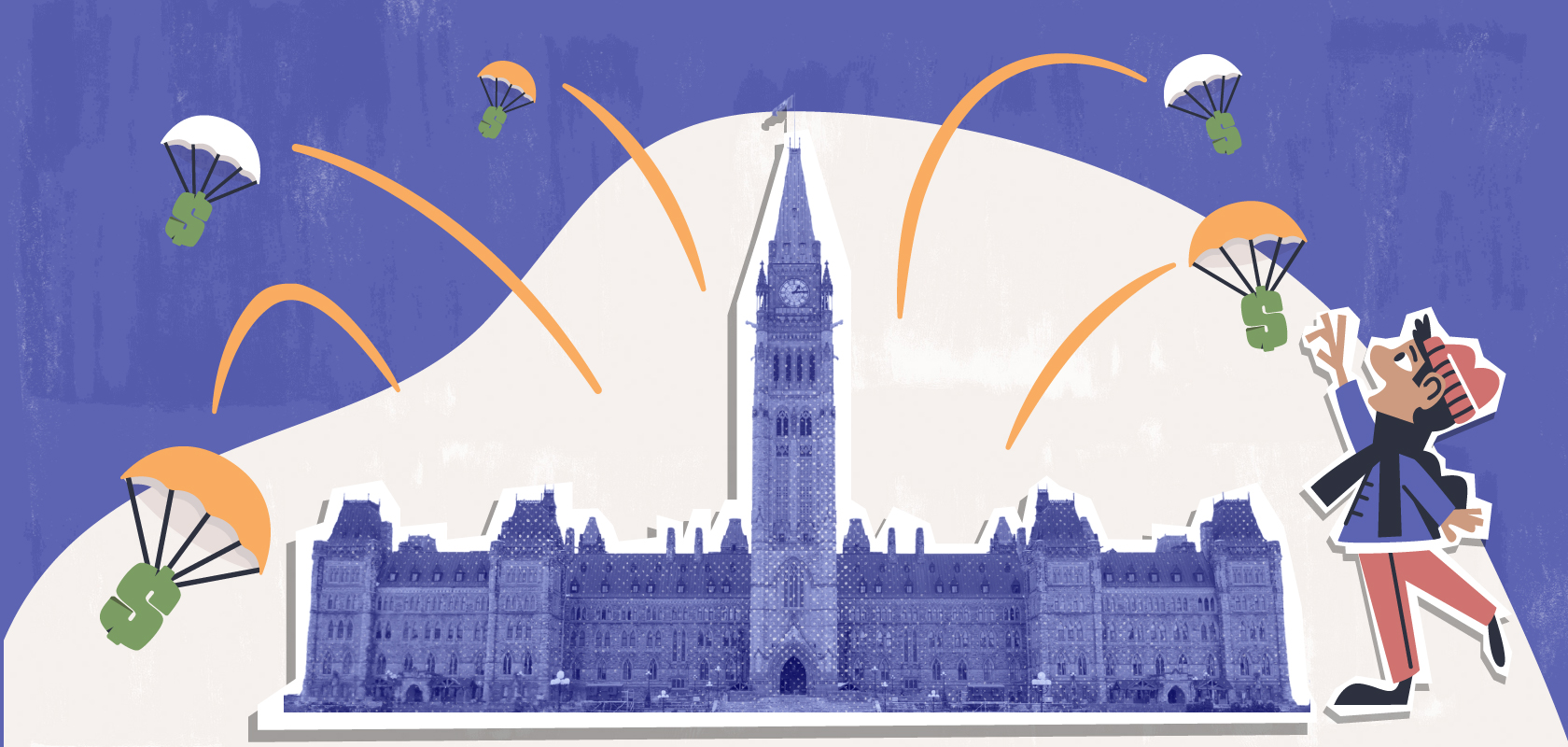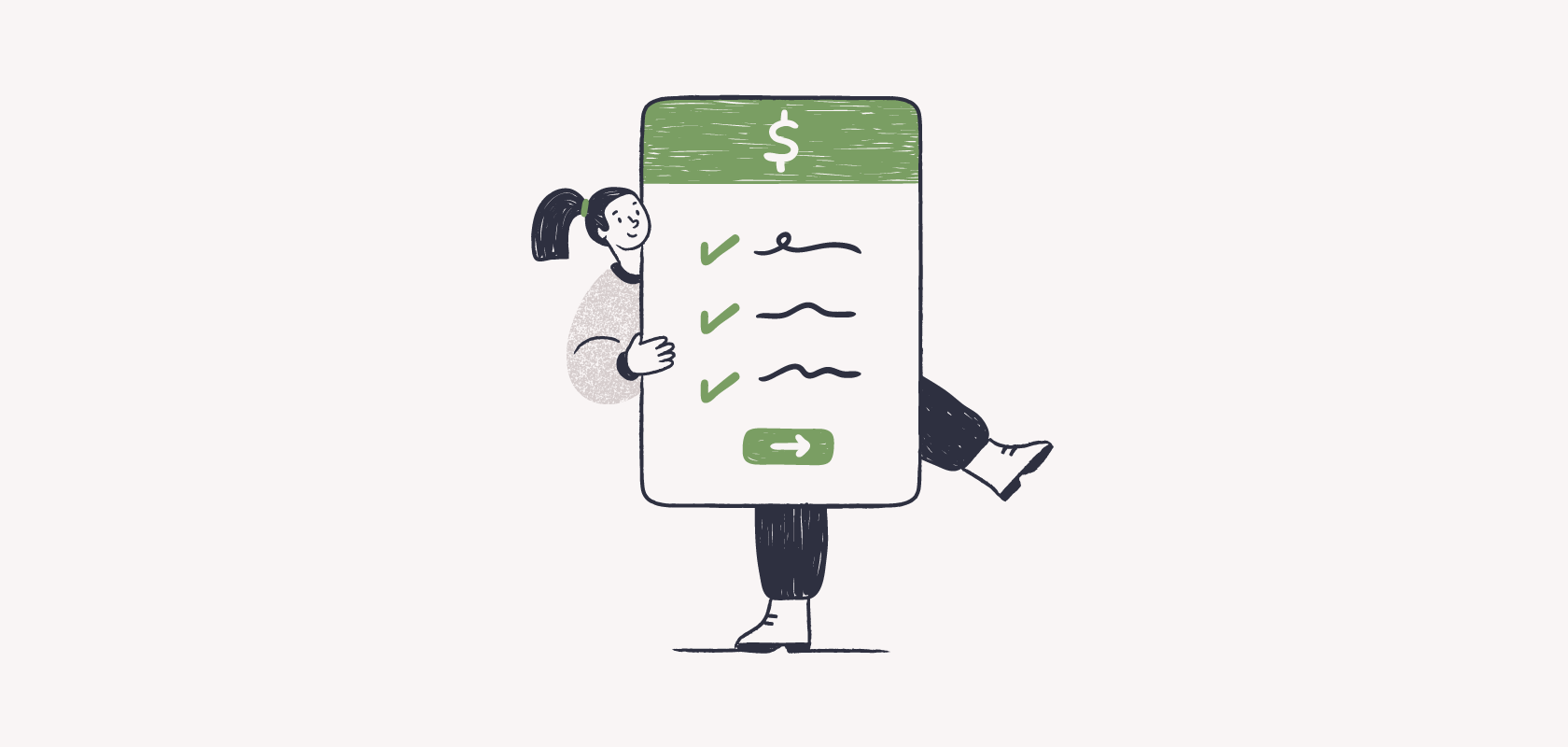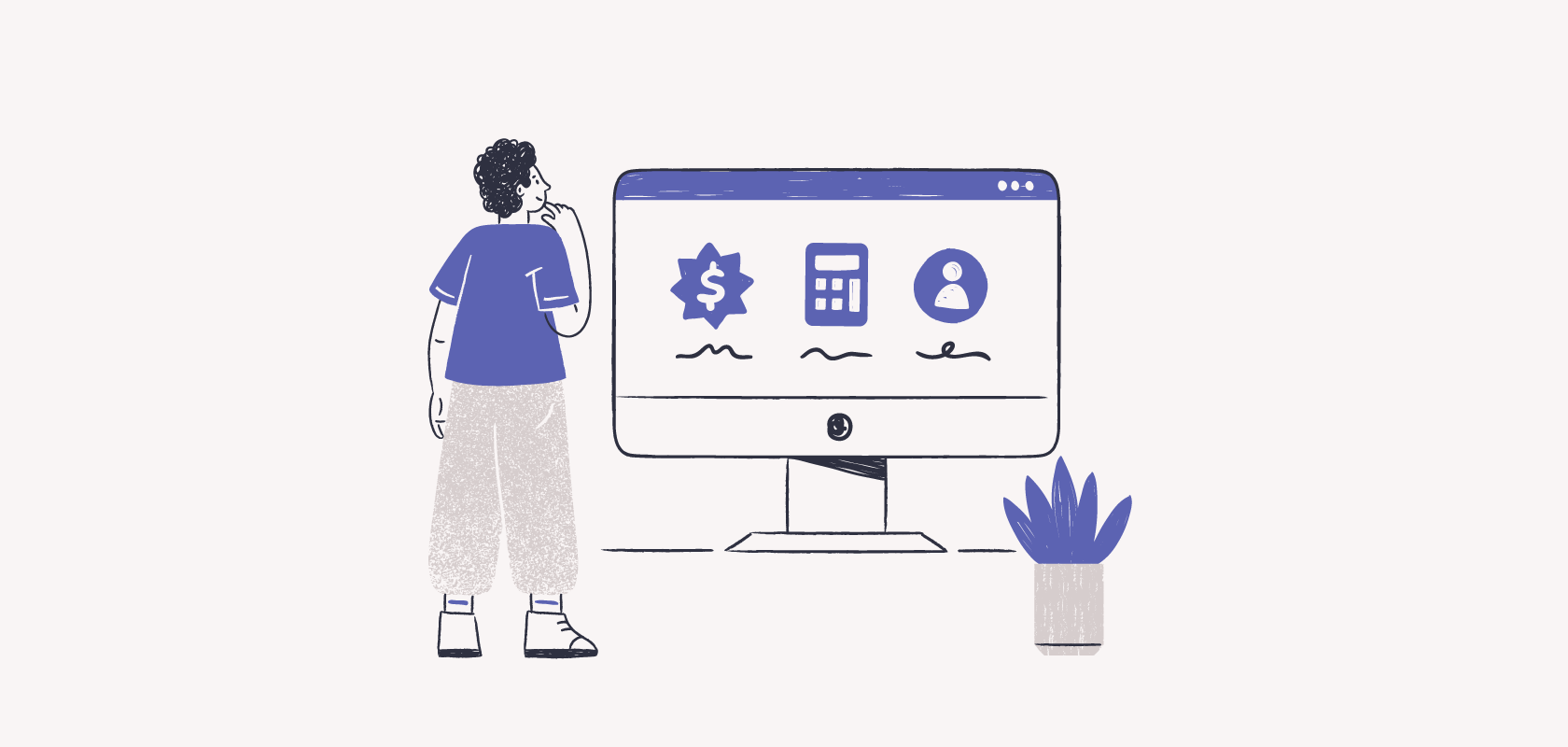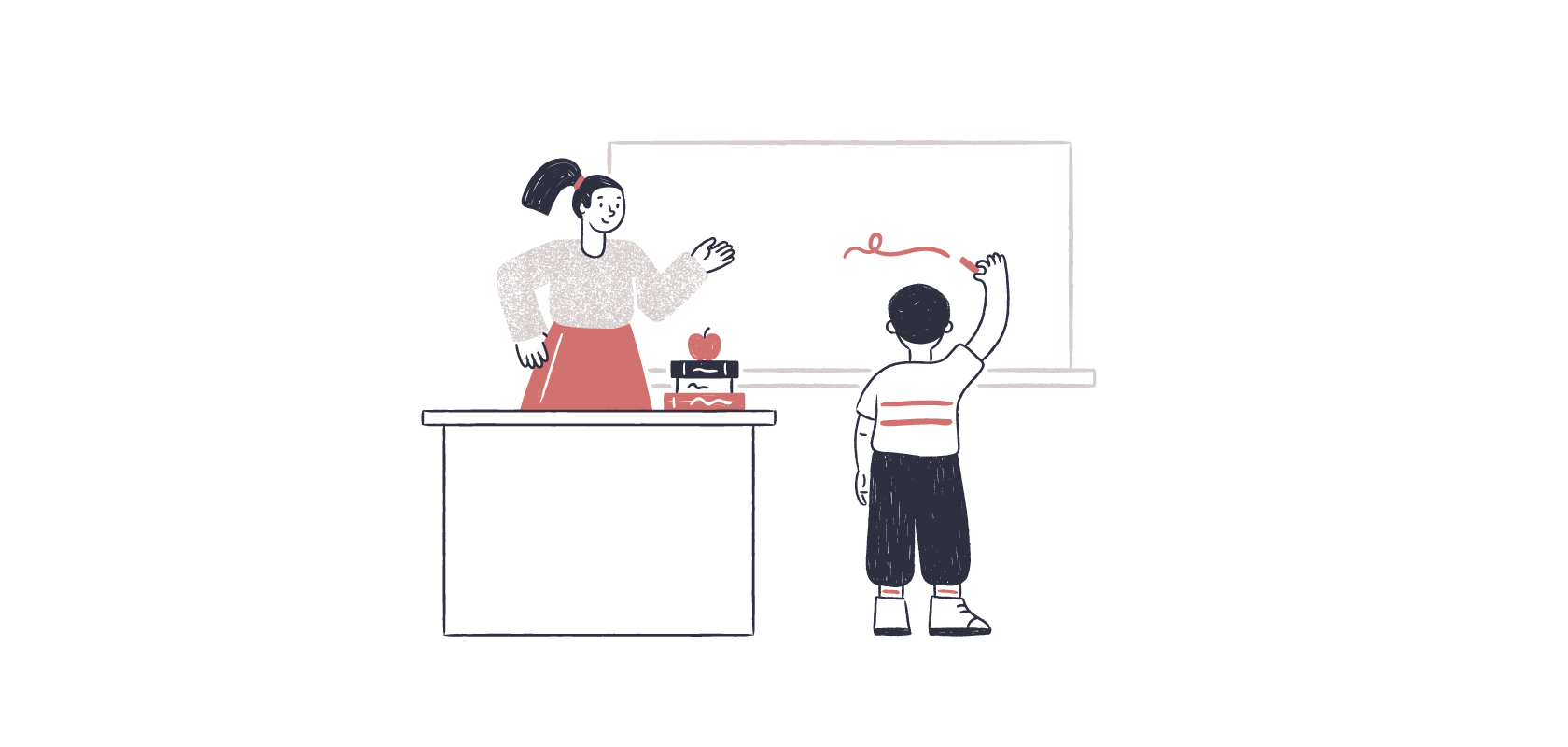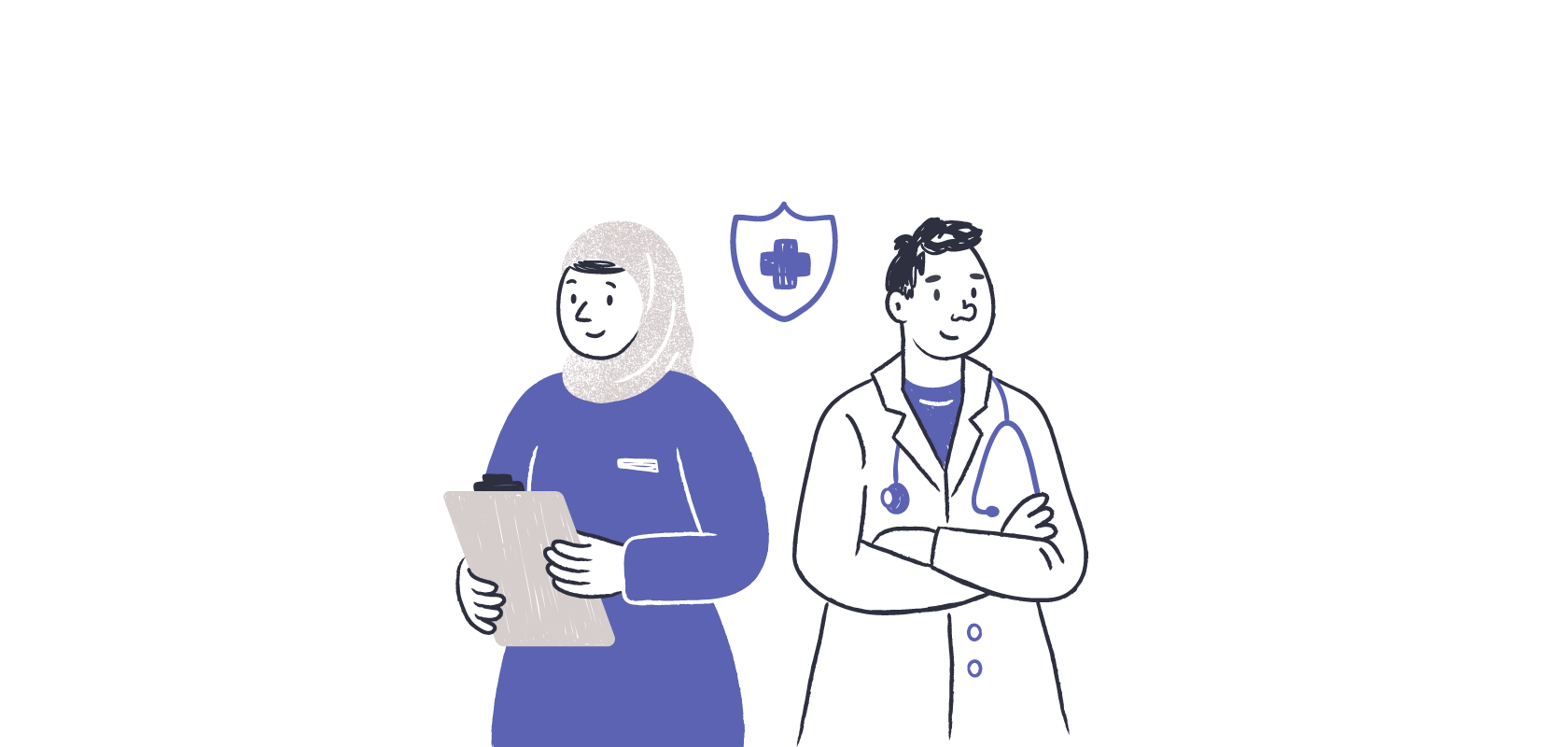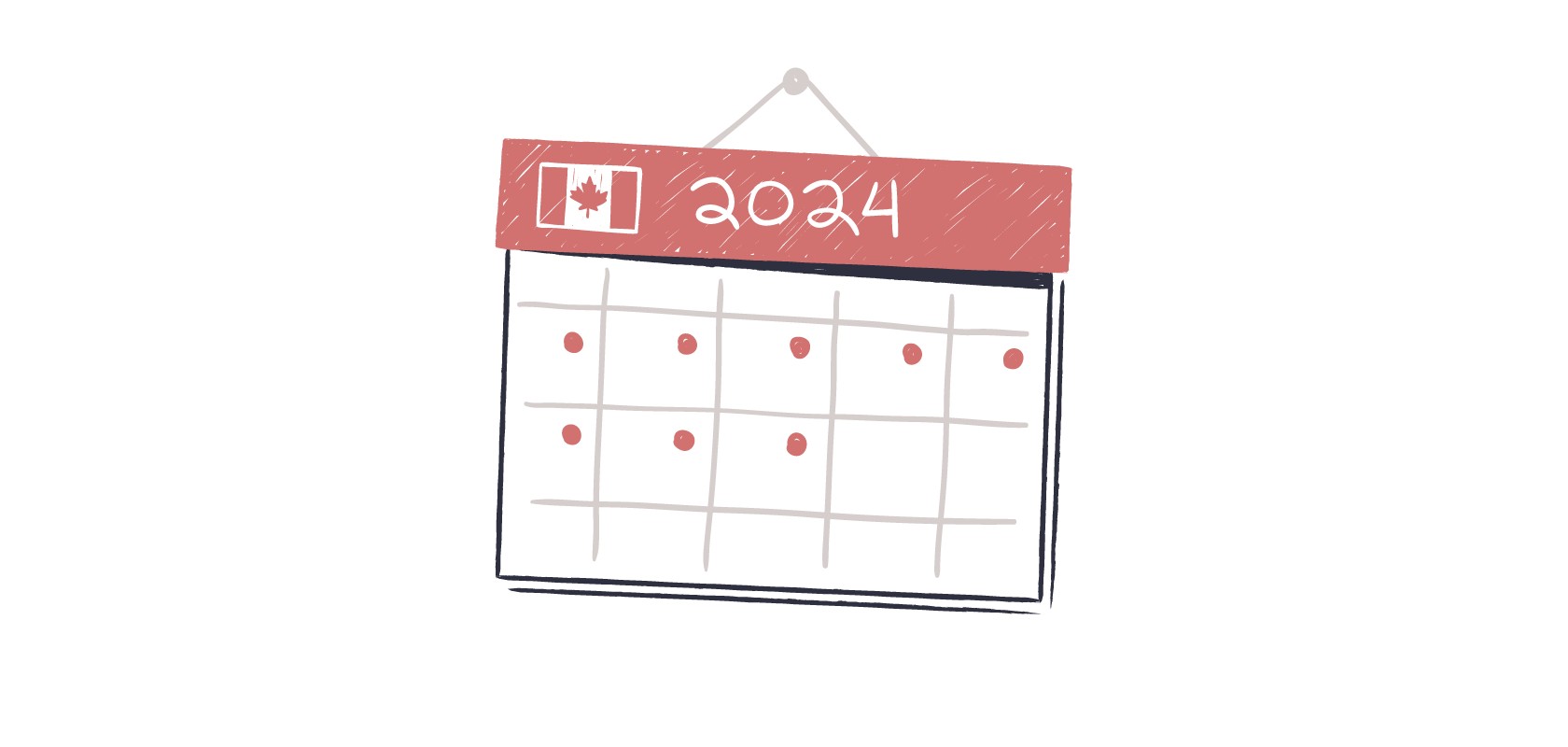Become an insider!
Get our latest payroll and small business articles sent straight to your inbox.
It’s no secret that the pandemic has challenged and continues to challenge businesses across Canada — and let’s not think about the fact that 2022 sounds like “2020, too.” Whether it’s reducing the amount of people you can have in your shop or a complete, temporary stoppage of operations, responding to these situations can look and mean different things for a small business.
And it’s okay to need a little help — that’s what we’re here for!
The silver lining to the recent capacity reductions and lockdowns in place? Federal and provincial governments have announced new, renewed, extended and expanded support options. Below are financial assistance programs from the federal, Ontario and Québec governments.
Federal: Expansions and extensions to support programs and loan repayment.
As the pandemic continues, the Canadian government has made changes to programs to help businesses navigate and financially cope with lockdowns and reduced capacity in physical locations.
Expanded: Local Lockdown Program
If you haven’t heard of it before, theLocal Lockdown Program is a federal government initiative for businesses, charities and nonprofits that have been impacted by “public health restrictions,” namely, lockdowns. The program offers wage and rent support to eligible businesses, paid from the Tourism and Hospitality Recovery Program.
In other words, if the pandemic has your business down and you’re struggling with wages or rent, the Local Lockdown Program may be a resource you can tap into.
What’s changed? Well, first the program has expanded its definition of a public health restriction to include:
- Organizations that had one or more locations where a public health order reduced capacity by 50 percent (50%) or more.
- Organizations where restricted activities made up at least 50 percent (50%) of the total qualifying revenue in prior periods.
Another temporary measure the federal government has proposed is lowering the current-month revenue loss threshold from 40 percent (40%) to 25 percent (25%). There’s no need to show a historical 12-month decline in revenue, but employers do need to show current-month losses.
What this means is: Say your business has a current-month revenue decline of 25 percent (25%) — the support rate would start at 25 percent (25%). If the current-month revenue decline is greater than that, the support will match the percentage up to a 75 percent (75%) maximum.
This expansion is in place until February 12, 2022.
👉 Learn more about this expansion here: Temporarily Expanding Eligibility for the Local Lockdown Program
Expanded: Canada Worker Lockdown Benefit
The Canada Worker Lockdown Benefit (CWLB) is there for those who can’t work because of government-mandated COVID-19 lockdowns. This benefit provides temporary income support to both employed and self-employed individuals (awesome!).
Because of the spread of the Omicron variant (boo!), the federal government is temporarily expanding the definition of a “public health lockdown” as it applies to the benefit. Until February 12, 2022, the definition will be as follows:
- A lockdown will include provincial and territorial orders that reduce capacity for businesses to 50 percent (50%) or more for a period of at least seven (7) consecutive days.
After February 12, the definition of lockdown will go back to what it was previously: An order that requires commercial locations to completely close to the public for a minimum of 14 consecutive days in a region.
👉 Learn more about these changes to the CWLB here: Expanding Eligibility for the Canada Worker Lockdown Benefit
Extended: CEBA Loan forgiveness repayment
Fun fact: Nearly 900,000 small businesses and nonprofits have benefited from interest-free, partially forgivable loans from the Canada Emergency Business Account (CEBA).
Originally, the deadline to pay back the loan and qualify for partial loan forgiveness was December 31, 2022, but because of how the pandemic continues to impact businesses, that deadline has been extended by a full year. Meaning, the new deadline is December 31, 2023. Repayment on or before this new deadline means a loan forgiveness of up to one third.
Any CEBA loans that still have a balance beyond that deadline will be fully due by December 31, 2025 with five percent (5%) interest per annum.
Extended: Regional Relief and Recovery Fund repayment
Similarly to the CEBA loan, the government has announced an extension to the repayment deadline for the Regional Relief and Recovery Fund (RRRF). Through this fund, businesses and communities were able to receive additional support to deal with the pandemic.
The repayment deadline for RRRF loans is now also December 31, 2023.
👉 Read about the CEBA and RRRF extensions on the government announcement.
Ontario: New and renewed supports for businesses affected by public health measures due to Omicron.
There are new and renewed supports available for Ontario businesses impacted by public health measures in the wake of the Omicron variant.
New: Ontario Business Costs Rebate Program.
This new program will start accepting applications as of January 18, 2022 and applies to eligible businesses that had to close or reduce the capacity at physical locations to 50 percent (50%). Under the Ontario Business Costs Rebate Program, eligible businesses will get rebate payments for a part of property tax and energy costs while closures and reduced capacity are in effect.
For example, smaller retail stores that had to reduce to a 50 percent (50%) capacity will receive a rebate equal to 50 percent (50%) of their costs. For businesses that closed indoor activities entirely, like gyms, the rebate is 100 percent (100%) of their costs. A full list of businesses that are eligible for this rebate is scheduled to be released mid-January.
New: Six months interest- and penalty-free for provincial tax repayments.
The second new kid on the block comes in the form of a six (6) month period that’s interest- and penalty-free to make payments toward most provincial taxes. The period began January 1, 2022 and ends July 1, 2022.
The idea behind this is to help businesses with their cash flow by providing flexibility for long-term business planning while also answering immediate concerns while restrictions are in place. The goal is to provide up to $7.5 billion in relief to nearly 80,000 Ontario businesses.
The provincial taxes that fall under this support option are:
- Employer Health Tax
- Beer, Wine and Spirits Taxes
- Tobacco Tax
- Insurance Premium Tax
- Fuel Tax
- International Fuel Tax Agreement
- Gas Tax
- Retail Sales Tax on Insurance Contracts and Benefits Plans
- Mining Tax
- Race Tracks Tax
Renewed: Ontario COVID-19 Small Business Relief Grant
With the province moving to Step Two of the Roadmap to Reopen plan, the Ontario government has renewed the Ontario COVID-19 Small Business Relief Grant. This is a $10,000 grant for small businesses with fewer than 100 employees that had to close due to the public health orders put in place early January.
The good news is that businesses that applied for this grant previously don’t need to apply again and will automatically be re-pre-screened. Businesses that haven’t previously applied can do so once the application portal opens in the weeks to come.
Eligible businesses include:
- Restaurants and bars
- Indoor sports and recreational fitness activity facilities, including fitness centres and gyms
- Performing arts venues and cinemas
- Museums, galleries, aquariums, zoos, science centres, landmarks, historic sites, botanical gardens and other attractions such as these
- Meeting or event spaces
- Tour and guide services
- Conference and convention centres
- Driving instruction
- Before- and after-school programs
👉 Ontario’s Get help with COVID-19 costs page has more details about these and other assistance for Ontario businesses.
Québec: Extended financial assistance and moratorium on repayment plans.
In response to Québec’s closure order on December 20, 2021, the province is accepting applications for financial assistance again. The applications are for the Assistance for Businesses in Regions on Maximum Alert (AERAM), which provides forgiveness for loans received under the Emergency Assistance Program for Small and Medium-Sized Businesses (PAUPME).
The provincial government must receive the applications no later than four (4) weeks after business resumes. Additionally, the moratorium on principal and interest repayment of financial assistance under PAUPME can be extended to March 31, 2022.
👉 For more about PAUPME and AERAM, visit Emergency Assistance for Small and Medium-Sized Businesses (COVID-19) on the Québec website.
Resources and support for businesses during COVID-19.
As COVID-19 and its variants continue to challenge the country and businesses alike, we want to do everything we can to help small businesses maintain their success during this trying time. Staying up-to-date with federal, provincial and territorial support options can play a key role in making that happen.
Bookmark and keep an eye on the following pages to help you get through it.
- Canada: Managing your business during COVID-19
- Alberta: Alberta Biz Connect
- British Columbia: Economic supports for businesses, non-profits and community groups
- Manitoba: Support Programs for Individuals and Businesses
- New Brunswick: Living with COVID-19
- Newfoundland and Labrador: Business Supports — COVID-19
- Northwest Territories: Financial Supports
- Nova Scotia: Coronavirus (COVID-19): financial help and social supports
- Nunavut: COVID-19 (Novel Coronavirus)
- Ontario: COVID-19: Help for businesses in Ontario
- Prince Edward Island: For Business — PEI’s Response to COVID-19
- Québec: Financial assistance for businesses
- Saskatchewan: Support for Businesses
- Yukon: Economy and work supports: COVID-19
